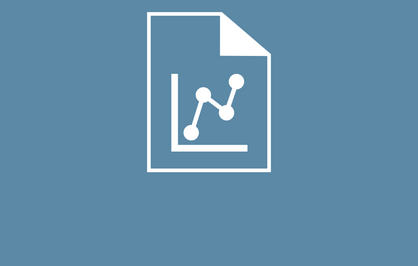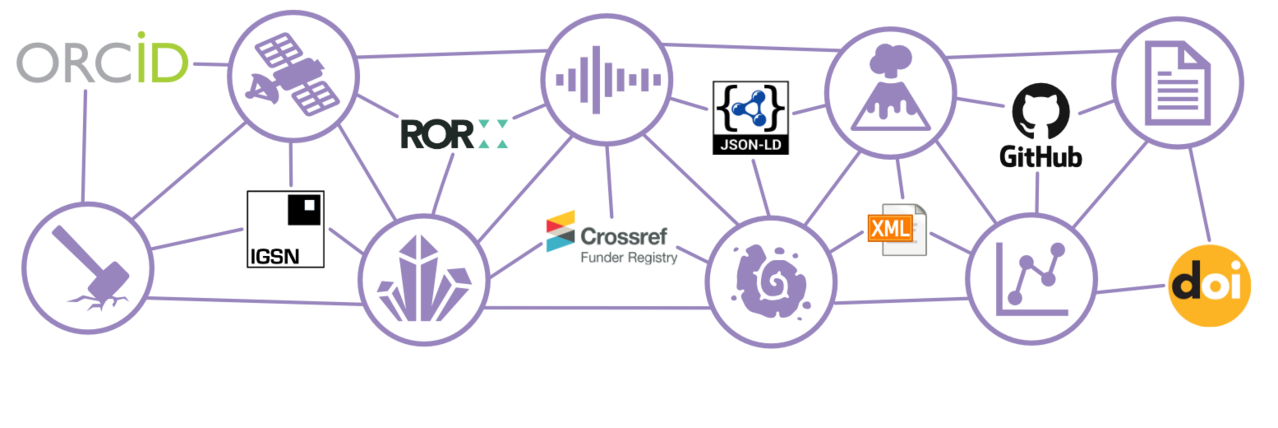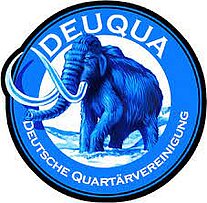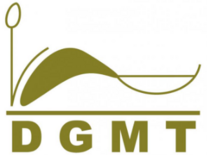Search engine for geological maps (FID GEO)
The interactive overview map on GEO-LEOe-docs provides access to the online freely available sheets of the geological maps GK25 and GK50. Map sheets already available on GEO-LEOe-docs are listed, usually complemented with the associated explanatory booklets. Researchers may propose public domain map sheets of the GK25 for digitization by the FID GEO free of charge.
Search engine for topographic maps (SIS Maps)
Our partner, the Specialised Information Service for Cartography and Geodata (SIS Maps), offers various map catalogues on its website, including a high volume of topographic map series with links to the world's national and regional geoportals as well as links to various country-specific Grids&Datums.
Search alphabetically by country name under: Topo-List.
GEO-LEOe-docs is the geoscientific repository for texts and geological maps, maintained by the FID GEO and operated at the Göttingen State and University Library (SUB Göttingen). GEO-LEOe-docs serves as a platform for Green Open Access publications (secondary publications). It also offers an interactive overview map with access to digitised geological maps (GK25). On GEO-LEOe-docs all documents are freely accessible and referenced with DOI. Various ongoing net publications are released here as digital first publications.
GFZ Data Services is the subject-specific research data repository for the geosciences and related disciplines, through which research data have been published with DOI since 2004. Today, GFZ Data Services is an internationally recognized repository for citable and DOI referenced geoscientific data, software and the assignment of International Generic Sample Numbers (IGSN = PID for physical samples).
News
Making scientific journals fit for research data
Research Data Policies
More journals and publishers are introducing research data policies. But as the prevalence of policies increases, there is potential to confuse researchers and support staff with numerous or conflicting policy requirements. A new study defines and describes 14 features of journal research data policies and arranges these into a set of six standard policy types or tiers, which can be adopted by journals and publishers to promote data sharing in a way that encourages good practice and is appropriate for their audience’s perceived needs.
Author Guidelines
In addition to formulating or adapting their research data policy, journals can review and adapt their author guidelines. This provides authors of scientific articles with concrete information on how to deal with data that form the basis of a journal publication. The Enabling FAIR Data in the Earth, Space, and Environmental Sciences initiative has developed a sample text that can be used for this purpose. Check the current version of your journal author guidelines and add the necessary text to cover all topics of the guideline. The text does not have to be copied exactly; as long as the points mentioned are included, this is good enough.











![[Translate to English:] Deutsche Geologische Gesellschaft - Geologische Vereinigung](/fileadmin/_processed_/e/e/csm_DGGV-Logo_164_89ea9c71c0.png)
![[Translate to English:] Das Geowissenschaftliche Studentische Erfahrungs- und InteressensNetzwerk](/fileadmin/_processed_/d/5/csm_Gestein_Web_Logo_c9a4cdaff8.png)



![[Translate to English:] Deutsche Mineralogische Gesellschaft e.V.](/fileadmin/_processed_/5/8/csm_DMG_96aeefffbf.jpg)


